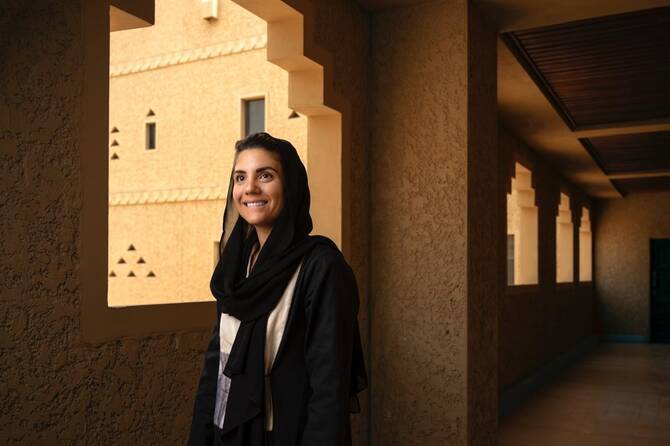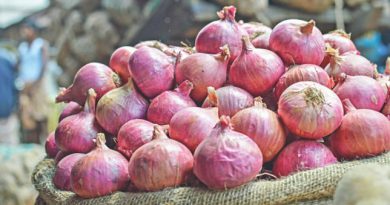City of gastronomy takes Saudi cuisine to the global stage
Madinah – Madinah has proudly joined UNESCO’s Creative Cities Network in the field of gastronomy, becoming the second Saudi city to receive this international honor after Buraidah. This recognition marks a major step in showcasing the city’s deep-rooted culinary traditions to the world while supporting Saudi Arabia’s broader vision of cultural and economic growth through food heritage.
The announcement was made on World Cities Day, reflecting the growing global appreciation of Madinah’s rich and diverse food culture. The city’s culinary identity is shaped by its agricultural roots, spiritual importance, and centuries of cultural exchange through trade and pilgrimage routes that have long connected it to the wider world.
Mayada Badr, CEO of the Culinary Arts Commission, expressed pride in this achievement, saying that the goal is to build a globally recognized and sustainable brand for Madinah’s cuisine. She explained that the city’s unique ingredients, such as Ajwa dates and traditional herbs, represent not just food items but living symbols of history, tradition, and community.
Badr emphasized that supporting local producers helps preserve these iconic flavors while improving livelihoods. She added that strengthening Madinah’s reputation as a culinary destination can enhance tourism and contribute to economic sustainability.
“Madinah should be seen not just as a spiritual center but also as a vibrant cultural and culinary hub,” she said. “By combining tradition with innovation, we can attract visitors who want to experience the essence of Saudi hospitality through food.”
The Culinary Arts Commission collaborated with multiple local partners to prepare the nomination for UNESCO. The proposal included detailed research, historical data, and cultural insights that highlighted how Madinah’s culinary practices align with UNESCO’s global standards for creativity, sustainability, and community engagement.
The project’s success relied on teamwork between government sectors, private institutions, and local communities. This collaborative model, Badr noted, could serve as a blueprint for other Saudi cities seeking international recognition for their cultural assets.
She also underlined that global recognition should not only celebrate elite chefs or high-end dining but empower small producers, home cooks, and family-owned food ventures. “This achievement belongs to every farmer, vendor, and cook who keeps our culinary traditions alive,” she said.
Authenticity, Badr explained, lies at the heart of Madinah’s cuisine. Yet, innovation ensures its continuity. By blending both, the city can sustain its food heritage while appealing to global tastes.
The recognition will open new opportunities for small and medium enterprises in the culinary field, encouraging them to expand their operations and contribute to local development. One such example is Al-Tabakha, Madinah’s first culinary market, which connects the public and private sectors to promote local food producers and traditional dishes.
Plans are already underway to replicate the Al-Tabakha model in other parts of the Kingdom. The goal is to empower families to share their food stories, sell their homemade products, and engage directly with tourists and international audiences.
Badr highlighted that this global honor must translate into tangible benefits for citizens — from greater income to stronger representation in local and global markets. “We want every small restaurant owner, every date farmer, and every artisan to feel the impact of this recognition in real terms,” she said.
Through its inclusion in UNESCO’s Creative Cities Network, Madinah stands as a model of how culinary heritage can fuel innovation, tourism, and community empowerment. The achievement not only celebrates the city’s deep connection to food but also positions it as a global ambassador of Saudi culinary excellence.
As the world’s attention turns to Madinah’s kitchens and markets, the city continues to blend spirituality, culture, and flavor — reminding everyone that food is not just nourishment, but a story of heritage, identity, and connection.



